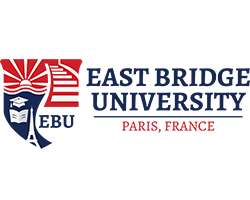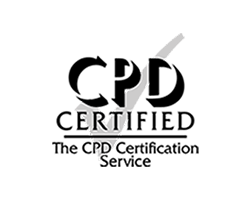Malaysian Ministry Limits Using Workbooks In Primary Schools
 Not many schools in Malaysia allow the use of workbooks in their classrooms. You will find that seventy percent of the country’s public schools still run without important workbooks because of a disrupted delivery process.
Not many schools in Malaysia allow the use of workbooks in their classrooms. You will find that seventy percent of the country’s public schools still run without important workbooks because of a disrupted delivery process.
If you are someone looking to teach in Malaysia, you must pursue an international teaching diploma in Malaysia to enhance your teaching skills and get updated on the teaching techniques and methodologies followed in the country.
Workbooks were introduced by the basic education department with the aim to enhance literacy level and numeracy performance in different grades. If you are looking to know more about the latest teaching methodologies to teach young learners and make them more knowledgeable, you can always enroll in a teacher training course and gain knowledge.
Recently, the education ministry has banned the use of workbooks for teaching and learning in primary schools, stating that they can only be used as reference and revision material after school hours.
They have also limited the number of exercise books for each subject and have stated that the activity books published by the ministry can only be used as teaching aid in class.
Though the government failed to provide a reasonable explanation for implying this rule, it is being said that the move was taken to reduce the weight of schoolbags, which has already turned into a topic of debate in the media.
Their statement implies that textbooks should be the main source of reference for teaching as the books provided by the ministry are of great quality and relevance.
• The ministry in the year 2017 had once allowed the use of only one workbook each for Bahasa Malaysia, English, Chinese, Tamil, Mathematics, and Science after a few parents and education groups complained and raised the issue that students were being burdened with workbooks that they had to buy from the school bookshops.
• Subject teachers were barred from encouraging or suggesting students buy unnecessary books. Students belonging to standards one, two, and three were not required to use any workbook.
• The ministry has confirmed that they will start to penalize teachers and headmasters who will not follow the new rule. They will issue a warning and if still the rules are broken, it will lead them to take disciplinary action.
The head of the school was charged for gaining profit from book dealers, used for school maintenance. The decision was taken by the ministry’s senior managers at a meeting.
Now the problem lies in the use of workbooks in the best possible way as they are considered to be quite effective in teaching. If the ministry has decided that the students can use workbooks after school hours, then they have to carry them to school for homework.
The declaration to disallow such workbooks is in line with the Malaysian Education Blueprint, which is designed to promote the aspect of Higher Order Thinking Skills (HOTS). They have taken this step as they do not want their students to be restricted to lessons and exercises in the workbooks. They no longer want students to be exam-oriented and teachers must cultivate HOTS. They expect their students to be creative and innovative and only solving questions in their workbooks will not be that useful.
Conclusion
To conclude, our education system must try to strike a balance between being in the classroom and outside the classroom so that their learning experience is not limited to workbooks and exams but also beyond it.
If you are a teacher in Malaysia looking to upgrade your teaching skills and come to par with the latest teaching methodologies to teach young learners, you can enroll yourself in any of the teaching programs available in the country!





















